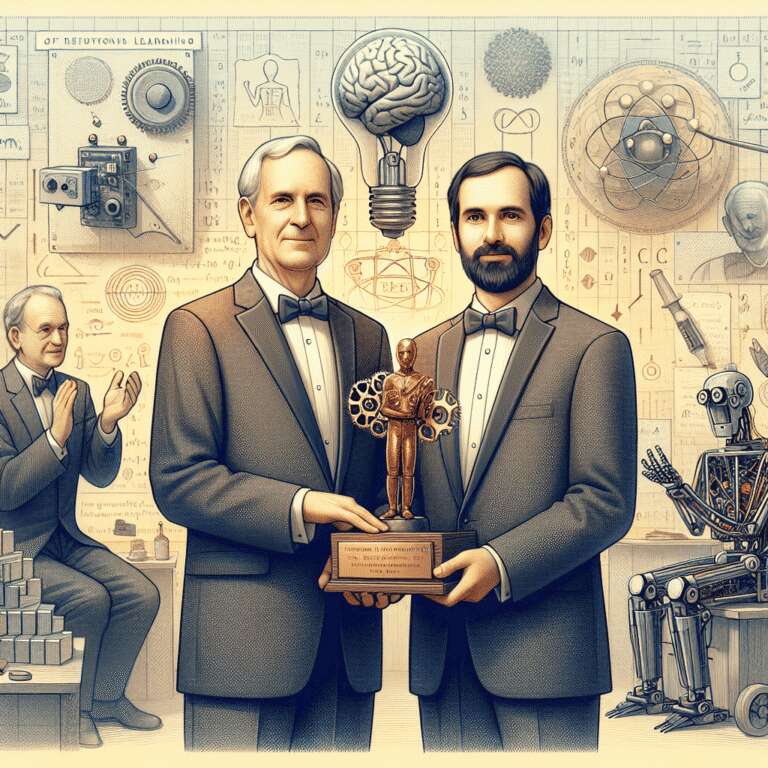Machine learning pioneers Andrew Barto and Richard Sutton have won the 2024 Turing Award, which is the computing field’s highest honor comparable to the Nobel Prize. Their work in reinforcement learning has been pivotal for developing advanced AI systems like Google DeepMind´s AlphaGo. This award shines a spotlight on the significant impact of their foundational research, which has translated theoretical concepts into practical, real-world applications.
Their pioneering research focused on teaching machines through trial and error, a principle that is now central to modern AI development. Despite being conceptualized long before the current AI boom, Barto and Sutton’s work laid the groundwork for AI systems capable of achieving superhuman performance in complex tasks. This recognition underscores how breakthroughs in today´s AI are deeply rooted in long-standing research endeavors.
The Turing Award, conferred by the Association for Computing Machinery, celebrates contributions of lasting importance in computing. Barto, who was surprised by the news during a Zoom call, is currently retired in Cape Cod, Massachusetts. This acknowledgment elevates reinforcement learning as an essential branch of machine learning, distinct from the more commonly employed supervised learning methods that dominate many commercial AI solutions. It illustrates how crucial foundational research can lead to transformative technological achievements over time.

